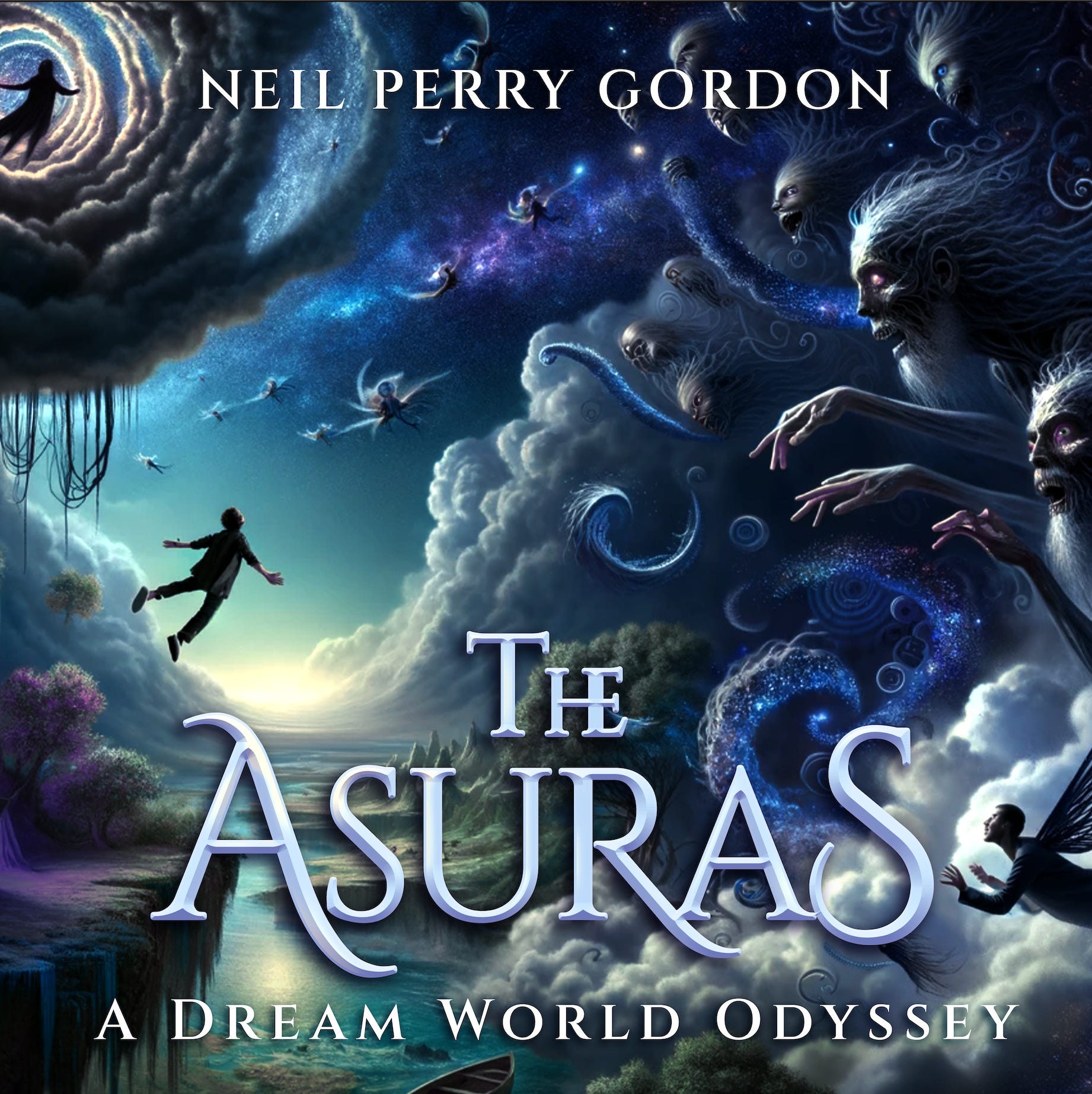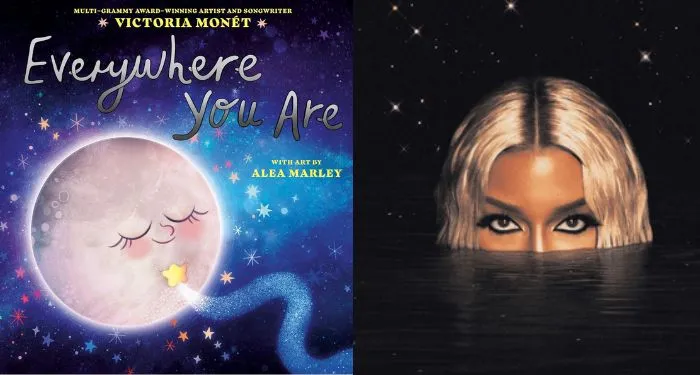Donald Trump’s rise as President-Elect of the United States signifies more than a shift in the political landscape; it unveils a more profound, darker spiritual influence that has long simmered beneath the surface of society. In ancient traditions, this influence is embodied by the Asuras—entities shrouded in myth and recognized across various religious texts as symbols of humanity’s basest inclinations. From Hinduism to Buddhism, Jainism, and modern esoteric teachings, the Asuras drive humanity toward materialism, division, and moral decay, urging individuals to embrace their darker impulses and shun higher spiritual ideals.
The Asuras are not merely passive influences; they are active corrupters, poisoning the well of human potential with distortions and lies. Trump’s success in spreading misinformation—spinning narratives that twist facts and appeal to fears—exemplifies this toxic influence. He manipulates public sentiment through calculated deceptions and inflammatory rhetoric, casting doubt upon the truth itself.
Asuric power is the destruction of truth and trust, a strategy that divides people into factions, weakening the fabric of society by eroding shared understanding. His words do not seek to unite but to separate, to exploit rather than enlighten, amplifying insecurities to sway people’s hearts away from empathy and toward suspicion.
Consider these hallmarks of Asuric influence that have woven themselves into the political and social landscape:
The Asuras thrive in a culture obsessed with wealth and power, where success is measured by material accumulation rather than moral integrity. Trump’s allure often stems from his image of financial success, an image that reinforces the idea that wealth equates to worth. This fixation on materialism drowns out the higher values that nurture human connection and compassion, reducing individuals to mere assets or obstacles.
The Asuras are masters of division, sowing seeds of discord to weaken unity. Trump’s rhetoric has intensified divides between races, classes, and political ideologies, fostering an “us versus them” mentality. Instead of seeking to bridge differences, he inflames resentments and stokes animosities, pitting groups against one another in a way that erodes the collective spirit. In this world of distorted reality, allies become adversaries, and fear replaces trust.
An atmosphere of constant fear is fertile ground for Asuric forces. Trump’s language often capitalizes on perceived threats, both foreign and domestic, creating a climate of paranoia. By exaggerating dangers and casting “the other” as inherently dangerous, he encourages people to withdraw to view compassion as a weakness. In this environment, genuine connection and understanding become casualties of suspicion, and communities fracture under the weight of fear.
The Asuras aim to replace spiritual growth with hollow symbols of power and superiority. Instead of fostering values like humility, empathy, or a sense of shared humanity, the focus shifts to external markers of success—wealth, strength, and dominance. Higher ideals are cast aside in a society increasingly shaped by these forces, replaced by a calculating worldview where compassion is a liability and kindness is a risk.
This is not simply about Trump as an individual but a broader influence permeating our world. His resurrection marks a triumph of these darker forces, a time when our collective psyche leans toward divisiveness, ruthlessness, and self-interest. It’s the Asuric victory, a moment when humanity is asked to confront the shadows within.
Yet, recognizing the ascent of the Asuras is not only a call to action but a profound opportunity for transformation. This dark tide calls us to awaken our dormant virtues—empathy, unity, and the courage to see beyond fear and division. Darkness is a powerful reminder of the presence of light; it pushes us to reaffirm the values that connect us and elevate our humanity. The path forward is not easy, but in confronting these challenges, we redefine what it means to be human.
Our response to this heartbreak can become a testament to our resilience, our capacity for love, and our belief in a world where humanity’s best qualities can still triumph. In rising above fear and separation, we reach toward a future bright with possibility—a future where the light of compassion and unity illuminates our way, even through the darkest times.
This moment calls us to embody our highest ideals, to choose empathy over cynicism, and to stand together with unwavering hope. Even in the face of despair, we have the power to become beacons of change, showing that our collective spirit can prevail against even the most daunting forces.
As the early morning hours gave way to dawn, I was still reeling from the shock of the presidential election. I stayed up all night, watching the results unfold, filled with hope and expectation. Like so many, I believed Kamala Harris would win—not just win, but carry with her the vision of a future I dared to believe in. She embodied a tangible hope for a country where a woman’s right to her own body was protected, where compassion and intelligence shaped our response to the world’s conflicts rather than fueling more bloodshed. I saw in her the promise of a thoughtful, deliberate leader who could guide us toward a better tomorrow.
But as the night dragged on, that vision dimmed, replaced by an all-too-familiar gut punch. And so, in the wee hours, I wrote this post, pouring into it the emotions stirred by that moment, drawing upon the research and reflections that shaped my metaphysical novel, The Asuras: A Dream World Odyssey. The narrative of a young woman’s struggle and the looming influence of the Asuras was something I had nurtured, woven from my hopes, my fears, and my longing for a world where humanity’s best qualities could flourish. Now, as we face an uncertain future, I realize how much the story of The Asuras mirrors this journey we’re now all on—each of us grappling with forces that pull us toward darkness or light, despair or resilience.
Even amid heartbreak, we hold on to what we believe—that the tides of fear and division will not sweep away empathy, unity, and courage. As we move forward, I pray that our democracy survives and evolves and that we find a way to protect and nurture the spirit of compassion and integrity that our children and grandchildren deserve to inherit. This turning point calls us to stand firm in our ideals and move forward together, determined to reclaim the future we know is possible.
An Immersive Journey into the Cosmic Battle for Humanity’s Soul
In The Asuras: A Dream World Odyssey, Neil Perry Gordon masterfully weaves a tale where the veiled influence of ancient powers shapes not only dreams but the very structure of modern society. At the heart of this cosmic struggle lies Emma Ziglar, a gifted graduate student whose journey into lucid dreaming transcends academia and plunges her into an existential battle for humanity’s soul. Her exploration of the dream world reveals a hidden war between light and shadow—a conflict that threatens the free will of every individual.
As Emma navigates this dreamscape she learns that the stakes of this battle reach beyond the spiritual realm, infiltrating the political and societal fabric of her waking world. Emma discovers that the Asuras, insidious forces of darkness, have found a vessel in the real world—a United States President whose soul is subtly corrupted by these ancient entities.
Under the Asuras’ influence, this president advances policies and ideas that sowì discord, fear, and division, manipulating society toward authoritarianism under the guise of strength and unity. Through his actions, the Asuras aim to solidify their grip on humanity, using the president as their pawn to weaken the collective spirit and drive the world into chaos.
Emma’s odyssey is a fight for her soul and a resistance against a growing tide of darkness that manifests in both the spiritual and physical realms. The novel follows Emma as she uncovers the Asuras’ grand design and works to dismantle the subtle spiritual traps laid for humanity, restoring the path to free will and the light of understanding.
Neil Perry Gordon’s The Asuras: A Dream World Odyssey resonates deeply with our current political and societal climate. In a world where divisive rhetoric, unchecked ambition, and manipulative power plays seem to infiltrate every corner of public life, Gordon’s story is a haunting reflection of these troubling times. Through Emma’s struggle, Gordon invites readers to explore the unseen forces that influence not only individual actions but also the collective trajectory of nations. He illustrates how these forces—symbolized by the Asuras—creep into society’s foundations, shaping the very fabric of our reality with patterns of fear, control, and separation.
This novel is not simply a tale of personal resilience or inner battles; it echoes modern society’s challenges as we grapple with issues of truth, unity, and integrity in the public sphere. Gordon’s narrative reminds us that spiritual battles have real-world consequences, reaching into the “highest echelons of power” to sway leaders, policies, and ideologies in ways that can erode or uplift humanity’s values. In Emma’s journey to confront these forces, readers are urged to recognize the invisible influences that shape our societal landscape, reminding us that our external battles often reflect the inner conflicts we face as individuals.
The Asuras: A Dream World Odyssey is thus a timely parable, urging us to reclaim our collective spirit by nurturing empathy, unity, and inner strength. In a time when the forces of division and fear seem so potent, Gordon’s story holds a beacon of hope, reminding us that the actual battle for humanity’s soul may begin within but has the power to transform the world around us. Like our current moment, this novel challenges us to remember that the choice between freedom and tyranny is not only a political one but a deeply personal and spiritual decision that defines the course of






















 English (US) ·
English (US) ·